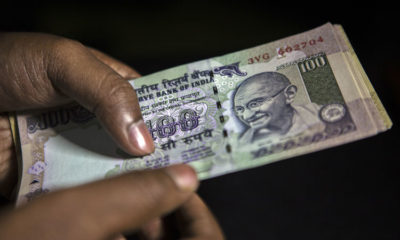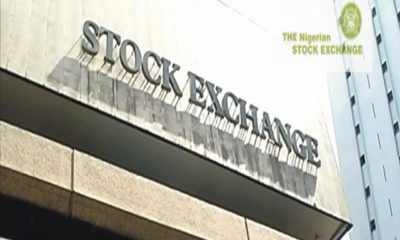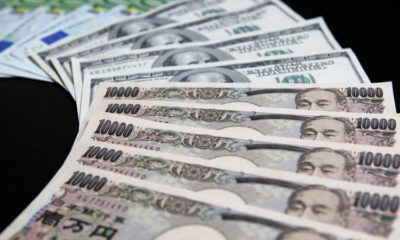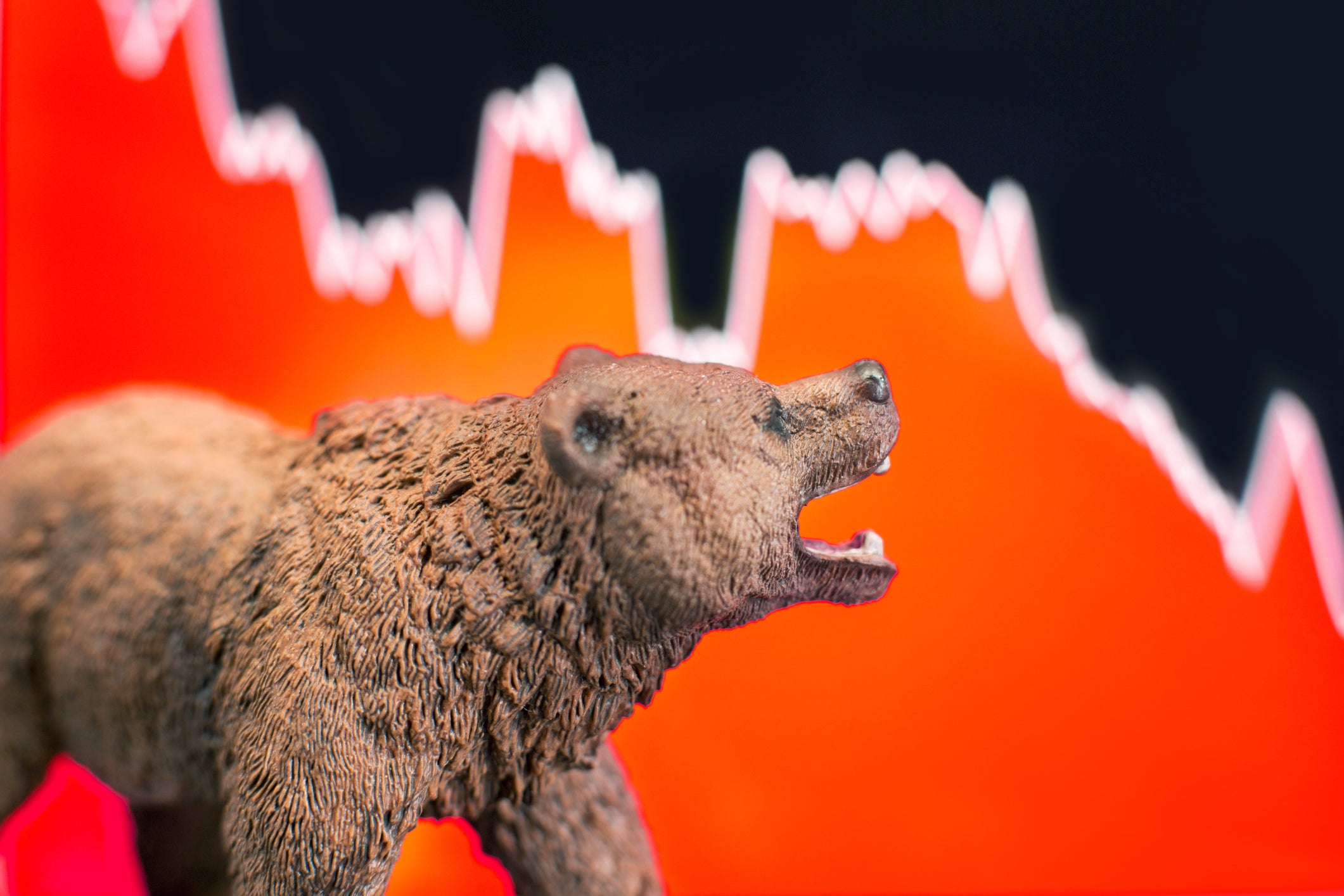India’s stock market capitalization has overtaken Hong Kong’s for the first time as the South Asian nation’s growth prospects and policy reforms make it an investor darling while global capital pours out of China.
The combined value of shares listed on Indian exchanges reached $4.33 trillion as of Monday’s close, versus $4.29 trillion for Hong Kong, according to data compiled by Bloomberg. That makes India the fourth-biggest equity market globally. Its value crossed $4 trillion for the first time on Dec. 5, with about half of that coming in the past four years.
Equities in India have been booming, thanks to a rapidly growing retail investor base and strong corporate earnings. The world’s most populous country has positioned itself as an alternative to China, attracting fresh capital from global investors and companies alike, thanks to its stable political setup and a consumption-driven economy that remains among the fastest-growing of major nations.
The relentless rally in Indian stocks has coincided with a historic slump in Hong Kong, where some of China’s most influential and innovative firms are listed. Beijing’s stringent anti-Covid-19 curbs, regulatory crackdowns on corporations, a property-sector crisis and geopolitical tensions with the West have all combined to erode China’s appeal as the world’s growth engine.
“We see India as the best structural growth story across not just emerging markets, but worldwide,” said Evan Metcalf, CEO at Global X ETFs. “While China’s growth has stalled and is mired in uncertainty, India has a generational opportunity to emerge as the growth engine of emerging markets. Demographics are a key advantage, coupled with a surge in educated youth and a progressive government pursuing key structural reforms.”
Meanwhile, Chinese and Hong Kong equities are suffering a rout of epic proportions, with the total market value of their stocks having tumbled by more than $6 trillion since their peaks in 2021. New listings have dried up in Hong Kong, with the Asian financial hub losing its status as one of the world’s busiest venues for initial public offerings.
Some strategists have been expecting a turnaround. UBS Group AG sees Chinese stocks outperforming Indian peers in 2024 as battered valuations in the former suggest significant upside potential once sentiment turns, while the latter is at “fairly extreme levels,” according to a November report. Bernstein expects the Chinese market to recover, and recommends taking profits on Indian stocks, which it sees as expensive, according to a note earlier this month.
On Tuesday, equities in mainland China climbed after the nation’s authorities were said to consider a package of measures to stabilize the slumping market.
That said, momentum seems to be on India’s side for now.
Foreigners who until recently were enamored with the China narrative are sending their funds over to its South Asian rival. Global pension and sovereign wealth managers are also seen favoring India, according to a recent study by London-based think-tank Official Monetary and Financial Institutions Forum.
Despite a 2.8% rally on Tuesday, the Hang Seng China Enterprises Index — a gauge of Chinese shares listed in Hong Kong — is down more than 10% in 2024 after capping a record four-year losing streak in 2023. It is near hovering its lowest level in almost two decades, while India’s stock benchmarks are trading close to record-high levels.
Overseas funds poured more than $21 billion into Indian shares in 2023, helping the country’s benchmark S&P BSE Sensex Index cap an eighth consecutive year of gains.
“There is a clear consensus that India is the best long-term investment opportunity,” Goldman Sachs Group Inc. strategists including Guillaume Jaisson and Peter Oppenheimer wrote in a note Jan. 16 with results of a survey from the firm’s Global Strategy Conference.
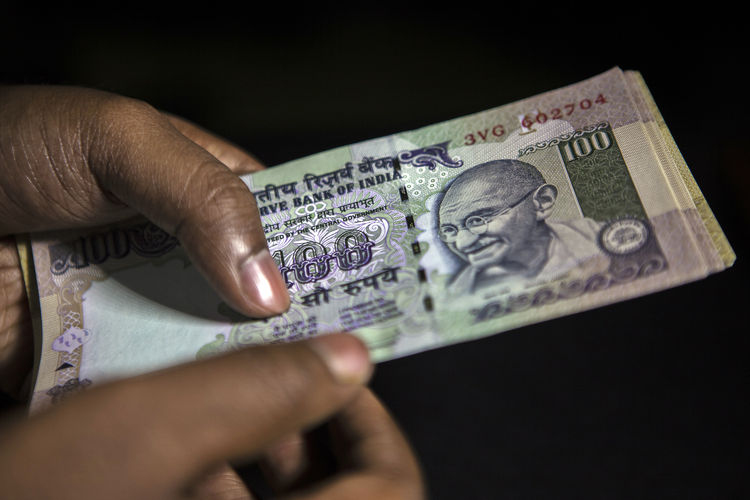

 Naira4 weeks ago
Naira4 weeks ago
 Naira4 weeks ago
Naira4 weeks ago
 Travel4 weeks ago
Travel4 weeks ago
 Jobs4 weeks ago
Jobs4 weeks ago
 Naira4 weeks ago
Naira4 weeks ago
 Naira3 weeks ago
Naira3 weeks ago
 Investment4 weeks ago
Investment4 weeks ago
 Travel4 weeks ago
Travel4 weeks ago

